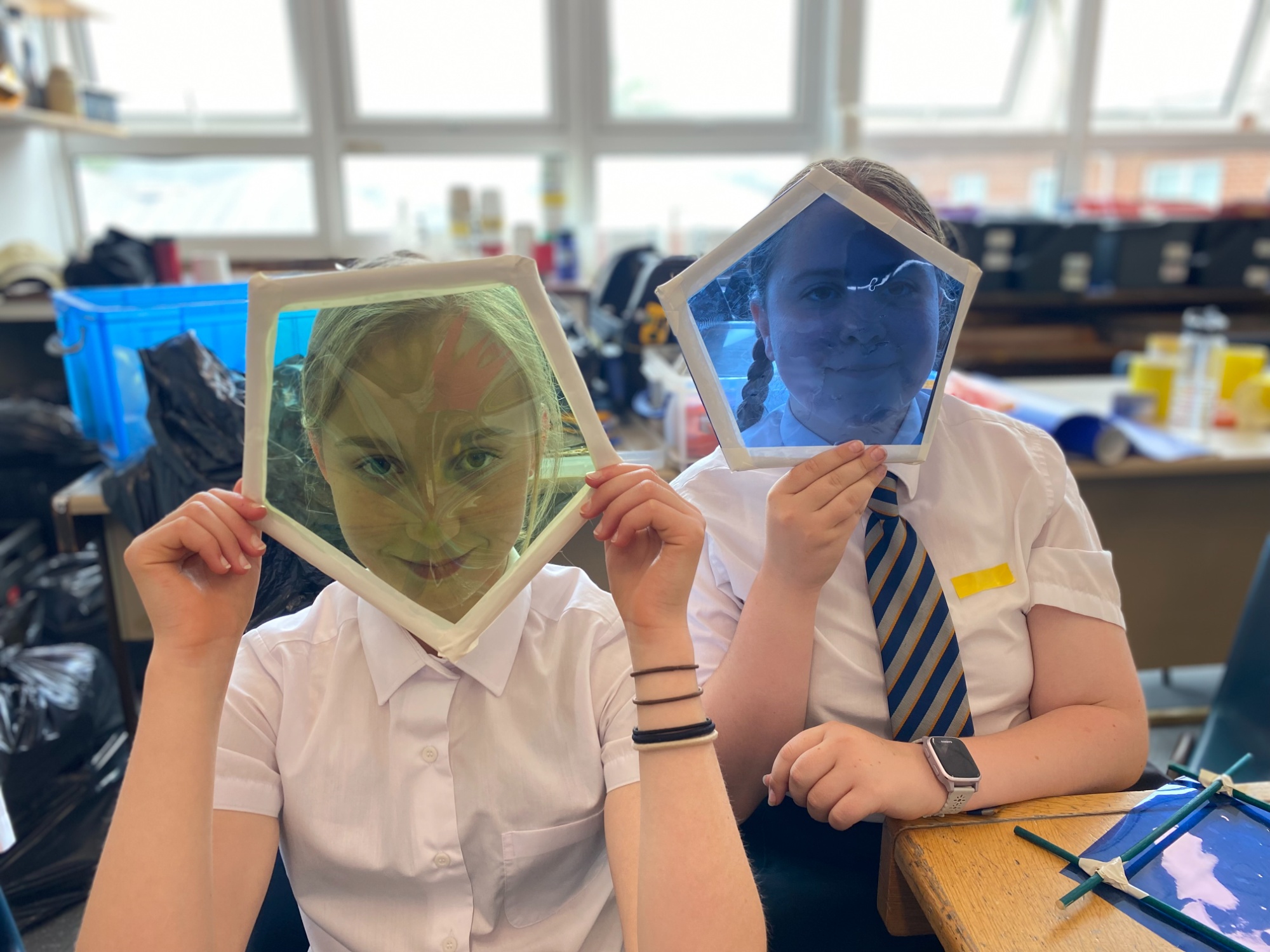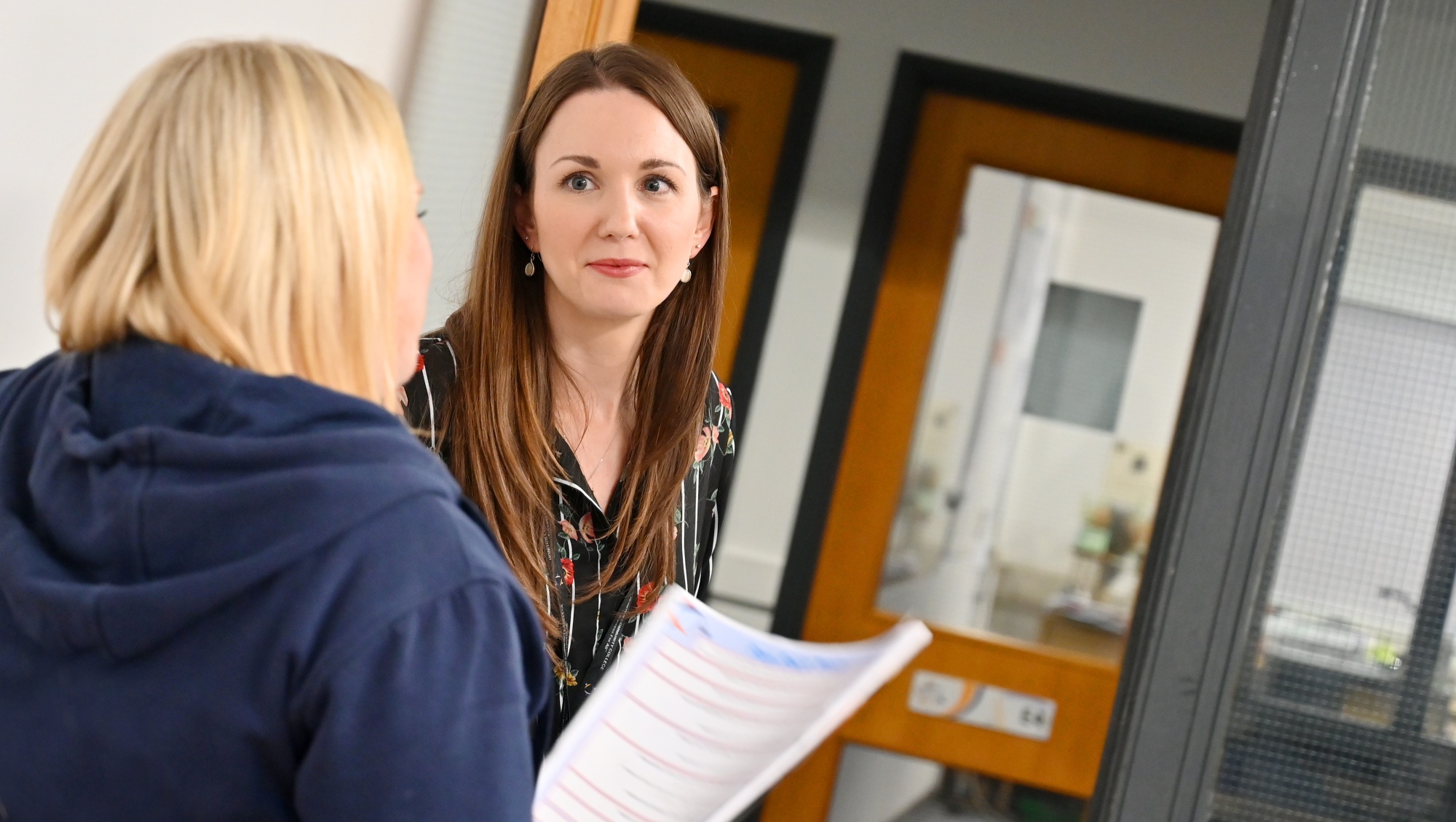Most Able
At Honiton Community College, we believe in ‘Success for All’ and offer a broad, balanced, and ambitious curriculum; one that aims to stretch and challenge all of our students, with a keen focus on academic excellence. Our curriculum has been designed and implemented with the Most Able in mind so all children receive a learning experience that is deeply rooted in enriching knowledge and encouraging curiosity.
Most Able students have been defined as those students who possess skills or abilities that are notably advanced compared to their peers within the same academic year (or they demonstrate the potential to further develop these abilities).

The Most Able will always be a diverse group and their range of attainment will be varied; some do very well academically, evident through assessment and classwork. However, being Most Able covers much more than the ability to succeed in tests and examinations. We know every child is unique. We know children blossom at different times along their educational journey. And we will be here to support them every step of the way.
Opportunities for the Most Able
There is a wealth of opportunities for our Most Able students to be challenged both within the classroom across the curriculum, and through extra-curricular activities and events.
These include, but are not limited to:
-
Enrichment through clubs (e.g. Debate Club; Book Club)
-
School Productions
-
PE Highly Able programme (Years 7-9)
-
Sports Academy (Years 10-13)
-
Subject Masterclasses
-
New College’s (Oxford University) ‘Step-Up’ Programme for Year 11, 12 & 13
-
Our growing ‘Super-Curriculum’ (learning beyond the curriculum and confines of the classroom environment) includes:
-
Ten Tors Challenge
-
Duke of Edinburgh Award
-
EPQ (Extended Project Qualification) – Post-16
-
-
External speakers – Police; Universities; Local Schools
-
Careers speakers (including our own staff with previous work experience)
-
University Residentials (Oxford, Cambridge and Bath)
-
MFL Trip to Paris
-
Literary Trips (theatre productions; screenings; Poetry Slam)Supporting the Most Able at Home
Supporting the Most Able at School
Where Most Able students are identified as underperforming, additional intervention is put in place – in both the classroom and through the Pastoral System – with extra support dedicated to Disadvantaged Students who will have access to helpful resources or grant money where eligible.

Supporting the Most Able at Home
Parental support is undeniably one of the most important factors in a child’s success in school. No doubt, as a parent or carer of a Most Able student, you are already aware of the vital role you play in nurturing your child’s extraordinary mind to ensure they reach their full potential. However, we also understand that parents sometimes find it difficult to know how to best support a child who has exceptional abilities. There are many ways in which you can support your Most Able child at home. As a starting point, you could try the following:
-
Read with them, even if they are strong readers! Able children also enjoy learning new words – you could complement reading by having a new ‘Word of the Week’ at home.
-
Equip them to succeed. Ensure your child has everything they need to develop their skills – whether it’s a library card, internet access, a quiet space to paint, draw or write away from other siblings. You don’t have to spend a fortune; second-hand books and equipment are perfectly fine.
-
Allow them to fail. If they succeed all the time it can lead to them placing too much pressure on themselves. Encourage them to take risks and attempt things that will be difficult – but help them to understand that failure helps them learn and develop their skills.
-
Encourage them to learn new information by extending their general knowledge with a ‘Fact of the Week’ or encourage your child to watch the news and discuss local, national, and international issues with you.
-
Play time! Puzzles, crosswords, logic games, word games/apps, card games, and board games can help to develop their critical thinking skills and social interaction.
There is a growing body of information available on the internet that can help you to support your child every step of the way. We have selected some of the best websites that offer advice, information, and educational resources, which can help you support and encourage your gifted child at home. Please see below:


